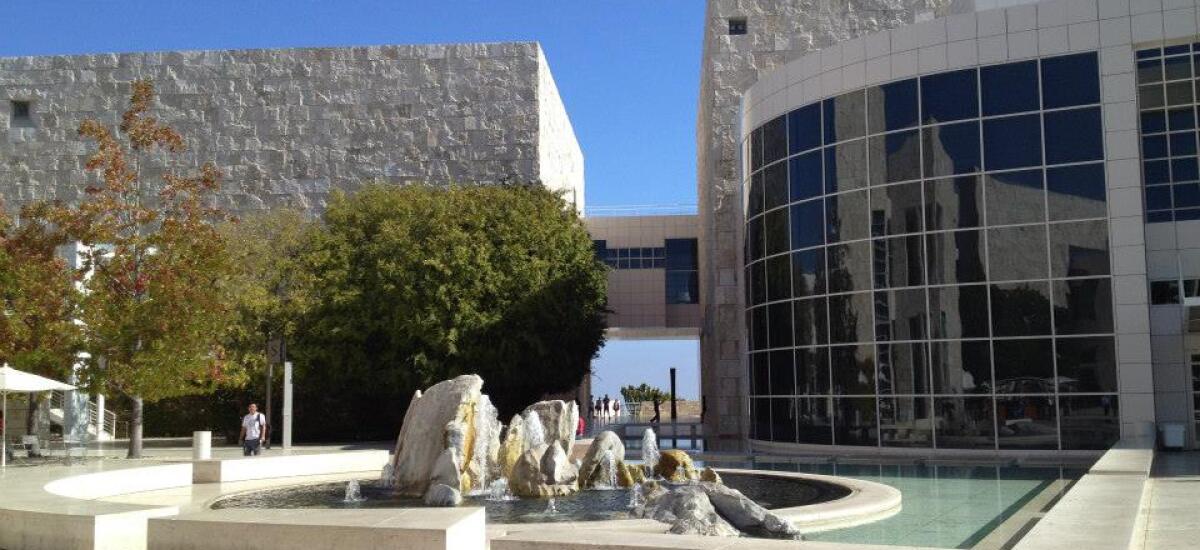Born in Kabul, Afghanistan, Zohra Hassan-Pieper works as a research assistant in the department of Anglophone Studies. She holds a Bachelor of Arts degree in Anglophone Studies and German Studies; and a Master of Arts degree in Anglophone Studies and Literary and Media Studies from the University of Duisburg-Essen.
In her dissertation, she conducts a meticulous exploration of wordlessness in Eric Drooker's oeuvre. Central to her analysis is the role of wordlessness as a dynamic narrative mode that facilitates a complex interplay of narrative worldmaking, psychogeographical placemaking, and sonic storytelling, revealing Drooker's singular ability to craft meaning and emotion through the absence of language.
Zohra Hassan-Pieper received a professional teaching certificate for academia from NRW, consisting of 255 work units of 45 minutes each. She has taught a variety of courses, including "1001 Misconceptions: Islamophobia in Literature and Popular Culture," "Wounded Cities: Representations of Disaster in Literature," and "A Survey of American Literature" (among many others). Her introductory video for her seminar “Reading Pain, Fear and Love: Exemplary Visual Storytelling” was recently recognized as a best practice example by the Zentrum für Hochschulqualitätsentwicklung.
In addition to her teaching, Zohra Hassan-Pieper has also been actively involved in organizing conferences and guest lectures. Along with Prof. Dr. Barbara Buchenau and Dr. Elena Furlanetto, she organized the RUDESA Spring Academy 2019. She also organized and moderated public lectures with graffiti artists Radek Goldstein-Kubicki and Martin Domagala. As a participant of the Heidelberg Spring Academy in March 2021, she had the opportunity to present her talk on the topic of disaster-building and the concept of the wasted human in Drooker's Flood! A Novel in Pictures (1992), titled 'The City of Destruction,' to a diverse and engaged audience."
Zohra Hassan-Pieper has had a diverse range of experiences abroad, with a particular focus on promoting cultural exchange and education. Prior to embarking on her academic career, she gained valuable experience as an intern at the Embassy of Afghanistan in Ottawa. Here, she helped to organize the exhibition "Images of Afghanistan: A Collection of Undiscovered Afghan Art," which showcased the rich artistic heritage of the country.
Building on this experience, Zohra then served as an Admissions Coordinator at the American University of Afghanistan in Kabul from 2008 to 2009. In this position, she played a pivotal role in helping to recruit and enroll a diverse group of students from across the country and around the world. Through her work, she helped to create a welcoming and inclusive community of learners, and worked to ensure that all students had access to the resources and support they needed to succeed.
Overall, Zohra's experiences abroad have given her a deep appreciation for the importance of cross-cultural understanding and collaboration. As she continues to pursue her academic and professional goals, she remains committed to fostering greater connections between people from different backgrounds and promoting the values of diversity and inclusion.
Hassan-Pieper, Zohra. Muslim Misrepresentation and the Post-Empire Imaginary in Craig Thompson’s Habibi (2011). Eds. Astrid Böger and Florian Sedlmeier. American Studies Monograph Series. Universitätsverlag Winter, 2023. 265-285.
Buchenau, Barbara, Furlanetto, Elena, Hassan Zohra, and Meinel, Dietmar. “Urbanität neu denken? Provokationen aus der nordamerikanischen Gegenwartskultur.“ Neu gedacht und neu gemacht: Lehrideen aus der Universität Duisburg-Essen. Ed. Zentrum für Hochschulbildung. Duisburg and Essen: University of Duisburg-Essen, 54-60. 2015.
Buchenau, Barbara and Zohra Hassan. “Lewis Caroll, Alice’s Adventures in Wonderland”. Unter dem roten Wunderschirm: Lesarten klassischer Kinder-und Jugendliteratur. Eds. Christoph Bräuer and Wolfgang Wangerin. Göttingen: Wallstein Verlag, 2013.







